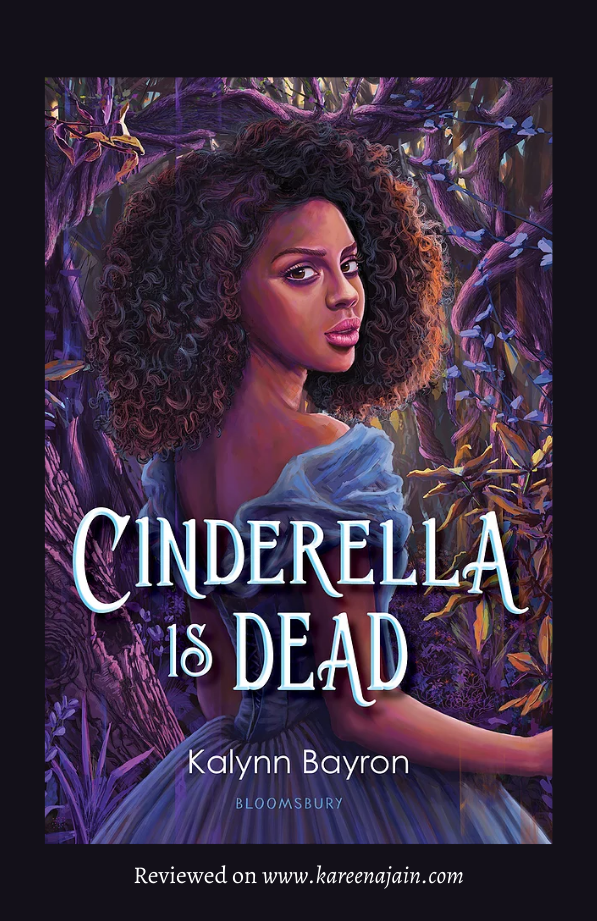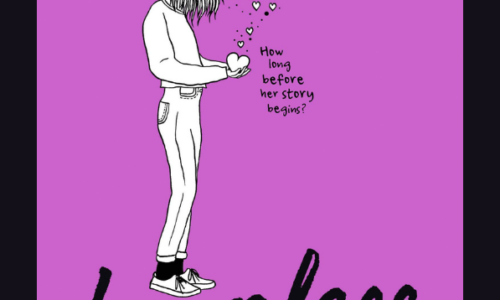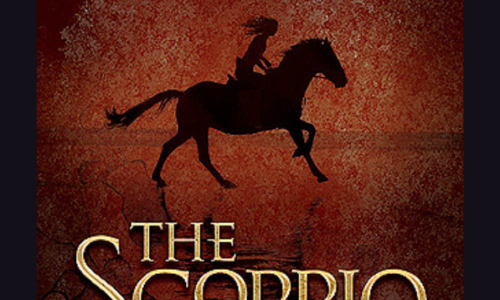“I’m reminded that this isn’t about what I want or what I like. It’s about what everyone else thinks is best, and I’m not sure how much more of this I can take.”
Cinderella Is Dead by Kalynn Bayron is a dark, fantastical mockery of the fairy tales that have been taken as gospel. What if, in the world where Cinderella lived, her story was practically biblicized, set in stone and used as the foundation for laws that would soon drive a country to corruption and cruelty? Two hundred years after Cinderella was chosen as her bride by Prince Charming, finding the happily ever after she deserved, the Annual Ball in the land of Lille is now a terrifying event for many young girls. They are to attend their first one when they are sixteen, dressed in silks and jewels at their poor parents’ expense. There, male suitors will choose their bride, a matter in which the woman has absolutely no say. If not chosen, they are required to attend the next annual ball. If not there, then the next. If they turn eighteen and are still not wed, these young women are sent to harsh labour camps. In a starkly male-dominated society, the poor girls must be chosen within three years. They have no power of their own, often being subject to horrid amounts of abuse by the hand of the disgusting men who decided to marry them. Set one foot out of line, whether it be by protesting the law, silently daring to refuse a man, or by naturally loving outside of the heteronormative expectation, and they will be executed. This year, it is Sophia’s first year attending the ball, but she doesn’t want to be forced to conform to the terrifying laws of Lille, much less marry a man. Her childhood friend and sweetheart, Erin, is insistent that they uphold their duty to the kingdom and be chosen by suitors, vehemently denying Sophia and her hopes for them to run away together. At the ball, Sophia flees, fueled by hatred and fear, only to stumble upon the forgotten crypt where Cinderella was laid to rest. Even more curious, she encounters a stranger, one who claims to know the true story of Cinderella, a secret that may finally reveal the truth behind the abhorrent state of Lille. The stranger, Constance, claims that she is the last living descendant of Cinderella and her step-sisters, and with her, Sophia seeks the path to justice, hope, and freedom for the ones she loves and for herself.
“Just because they deny us doesn’t mean we cease to exist.”
Bayron weaves a subtle magic in her writing, creating a world that forces you to question the structured ideals that confine our society. Sophia is a clever, passionate, and fierce young woman whom we can all relate to, a little bit. She has realized that what she’s known since childhood is wrong, and is actively seeking a way to restructure the world she lives in so that it is a fair one. The scenery is lush and vivid – from the sinister darkness of the enchanted woods trying to dissuade visitors, to the oil-slick charm of the palace, slippery and hyper-real in a way that traps dissenters and activists and never lets them go. The world-building is exquisite, a detached fairy tale that contains too many morsels of truth for comfort. Blunt, honest words will tear at your heart in a violent and cathartic manner, forcing you to confront every little thing wrong in this society that has been passed off as normal. Richly developed characters force you to understand that there are different sides of the story, and a lovely sprinkling of romance that does not diminish the main story or the main character’s growth allows this beautiful tale to be at once engaging, witty, and heart-breakingly true.
“There is always fear, always doubt. The only thing that matters is that you push forward.”
Available for purchase at:



